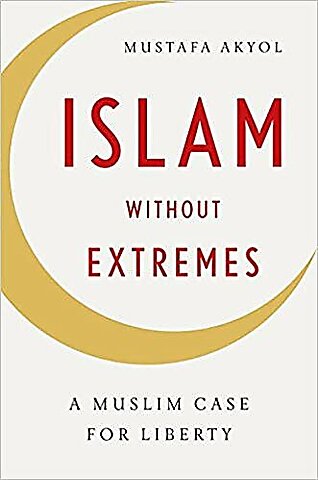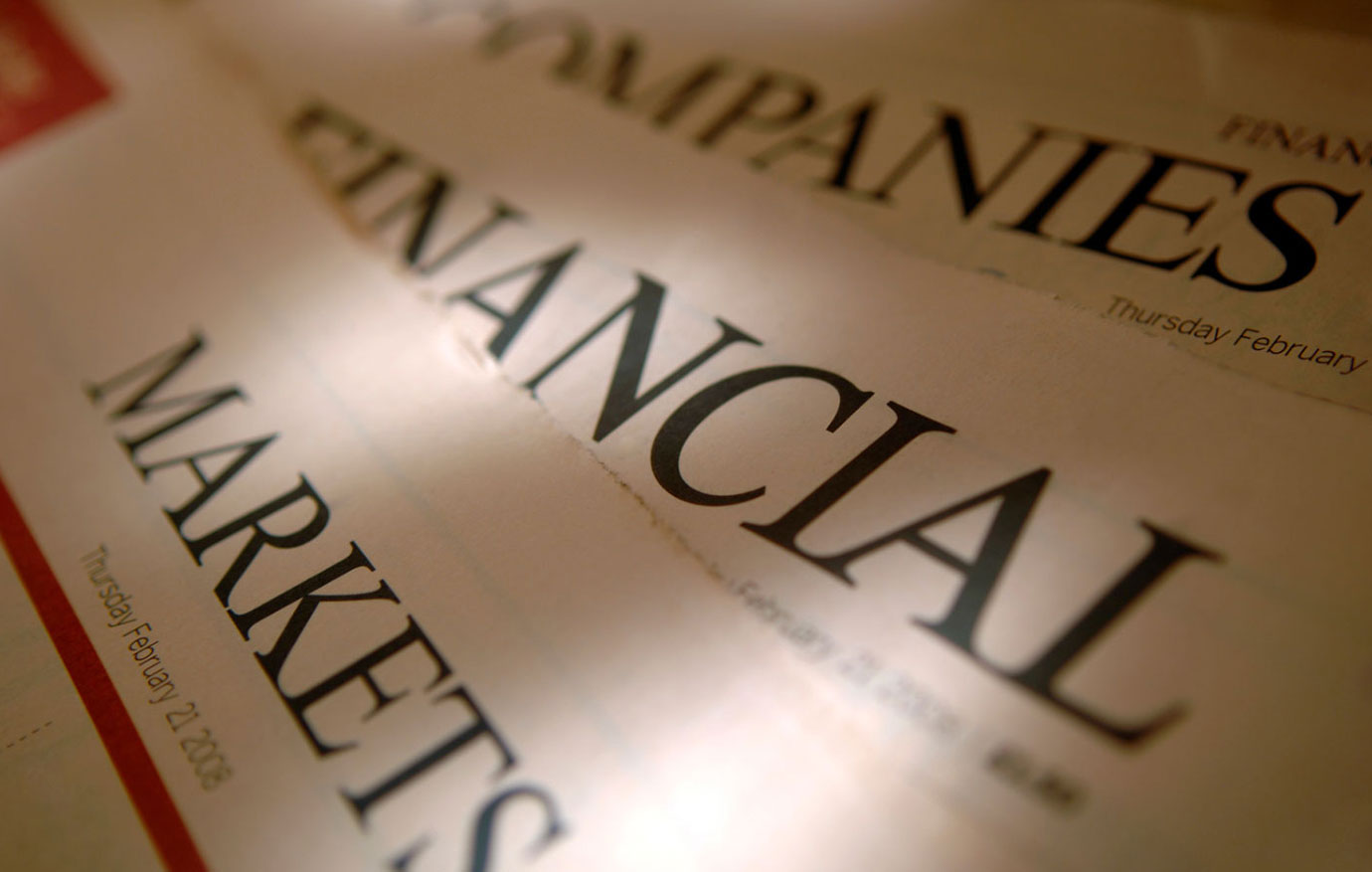
There Are No ‘Banned Books’ in America, But That Doesn’t Mean Freedom Reigns
Neal McCluskey and Mustafa Akyol
We are in the midst of Banned Books Week. A creation of many groups, including publishers, librarians, and booksellers, the week is intended to shine a spotlight on challenges to books, especially in public schools and libraries. If such challenges are not what immediately come to mind when you think of “book banning” – if, rather, the term conjures images of police rounding up books from homes and hiding places – that’s because such challenges are not what true bans are.
Opposition to books in public institutions stems from serious curbs on liberty, but as one of us knows firsthand, it is not equivalent to actual book bans.
When government truly bans a book, it makes possessing, publishing, or selling that book illegal. You can also go to jail as its author.
This is what happened with Mustafa Akyol’s book Islam Without Extremes: A Muslim Case for Liberty in Malaysia. Originally released in English in 2011, the book was published in Bahasa Malay in 2017, and Mustafa, as an invitee of the publisher, travelled to Kuala Lumpur to speak about it to public audiences. But soon he was arrested by the “religion police” for basically arguing that, well, there should be no religion police.
Meanwhile, the book itself was banned in an official decision announced by Deputy Prime Minister Datuk Seri Ahmad Zahid Hamidi, with bookstores prohibited from selling any copies. To break the censorship, Cato and Mustafa offered the book’s digital copy freely on the Cato Institute website, leading to thousands of downloads.
That situation was worse than what is happening in American public schools and libraries, where banning is rife if you ask groups associated with Banned Books Week. Arguably the highest profile of those groups is free‐speech watchdog PEN America, which has reported that in the 2022–23 school year 3,362 books in public schools met their definition of banned: “either completely removed from availability to students, or where access to a book is restricted or diminished.”
Note that there is no legal penalty for publishing a book, or a child or adult owning it, or reading it, in PEN’s definition. No one is being punished for selling it. The “banning” is removal from a public institution, or restricting minors’ access in that institution. It is not the infringement on freedom that true banning is.
It does, though, see the same entity curbing liberty as in Malaysia and elsewhere: government. But government’s role is different.
In true banning, governments deem books unacceptable for private selling, disseminating, or possession, directly infringing on the right to speak and read. This is despotism.
The governmental curb on liberty in American “banning” is not prohibiting reading or possession of specific books, but government forcing all taxpayers to pay for books it chooses, including taxpayers who find the books immoral. Compounding the infringement, public schools – government schools – often give children lists of books from which they must choose, and assign specific books to read.
When a public school or library selects a book for shelves, reading lists, or assignments, government is elevating that speech. Conversely, what it does not select, it suppresses relative to readings it deems worthy. This is not as egregious as prohibiting writing or possessing books, but government favoring and disfavoring speech is nonetheless a serious infringement on liberty and equality.
In the United States, the attack on liberty is not removal efforts, as it is when government says one cannot sell or possess a book. It is government forcing taxpayers to purchase and promulgate books of its choosing.



